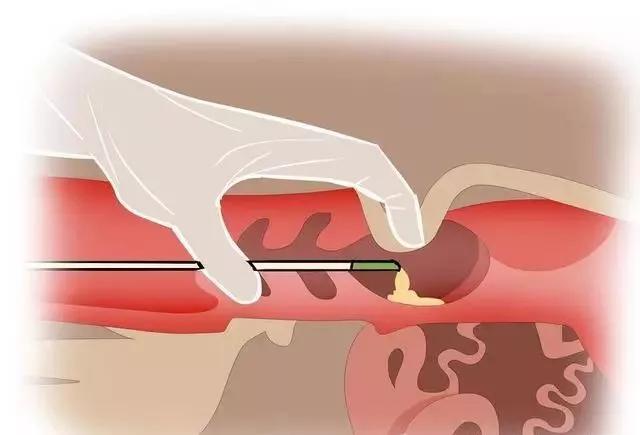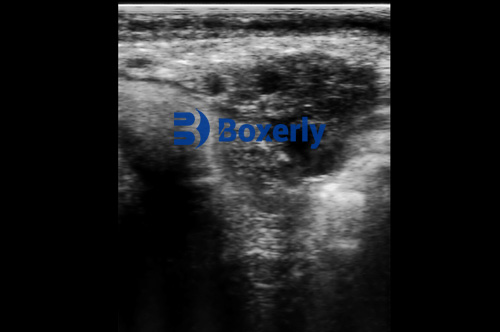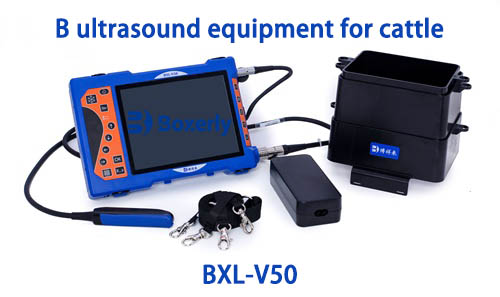Recently, many farmers have found that some cows that are not pregnant have bulging bellies. What is going on? Let’s talk about this topic today. In fact, a cow’s belly getting bigger does not necessarily mean that she is pregnant. You have to first find out whether she is really empty-stomached, and then find out if there are other reasons. Now many ranches use veterinary B-ultrasound machines. Equipment like Boxianglai can quickly find out whether she is pregnant or has a problem with her body.

Artificial insemination of cows
Normal body shape characteristics of empty-stomach cows
Under normal circumstances, the body shape of empty-stomach cows should be kept symmetrical, and the body condition score is more appropriate between 2.5-3.5 points. At this time, the cow’s belly will not get bigger for no reason. If you find that the abdomen is obviously bulging, you must first rule out whether the previous pregnancy test was wrong. For example, some cows may have had an early miscarriage, but their stomachs have not fully recovered and look like they are pregnant.
Improper feed may cause abdominal distension
If cows eat too much concentrated feed or suddenly change feed, it is easy to cause indigestion. Especially if high-energy feeds such as corn and soybean meal are fed excessively, the cow’s belly will bulge like a balloon. At this time, the belly feels hard, which is completely different from the soft feel during pregnancy. Some ranches feed moldy grass to save costs, which can also cause cows to bloat.
Uterine diseases can easily disguise pregnancy
Diseases such as uterine pyometra can make the cow’s belly bigger and bigger, looking like it is four or five months pregnant. In this case, a B-ultrasound machine can show that there is fluid accumulation in the uterus, not a normal embryo. Some cows have cysts on their ovaries, and hormone disorders cause abdominal fat accumulation. At this time, the belly becomes bigger because of excessive body fat.

Cow ovarian follicle image
Now many farms are equipped with veterinary B-ultrasound machines, which can accurately determine whether they are really pregnant 30 days after mating. Boxianglai’s equipment can also check the health of the uterus and ovaries, and can clearly see whether there are lesions such as fluid accumulation and cysts. Regularly checking empty cows can not only avoid misjudgment of pregnancy, but also detect hidden diseases in time, which is particularly helpful for improving reproductive efficiency.
